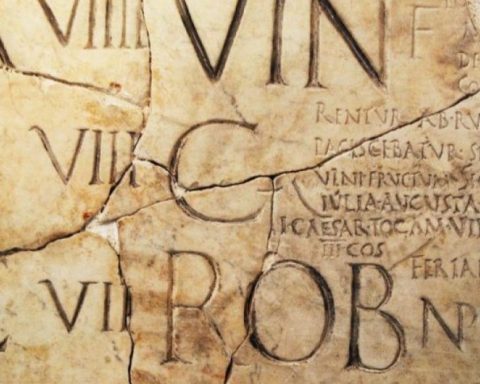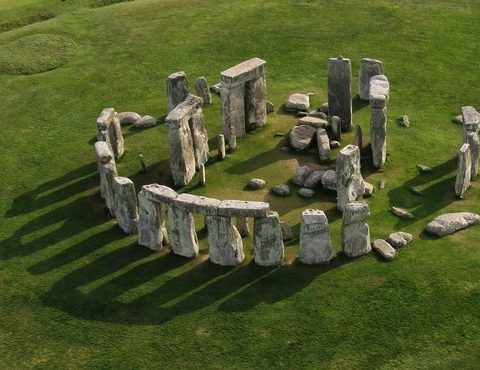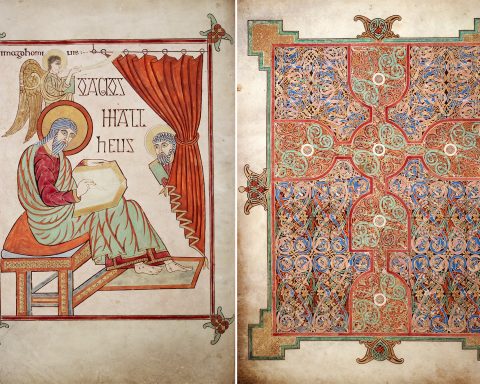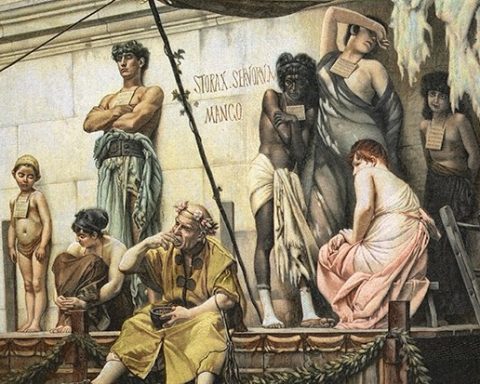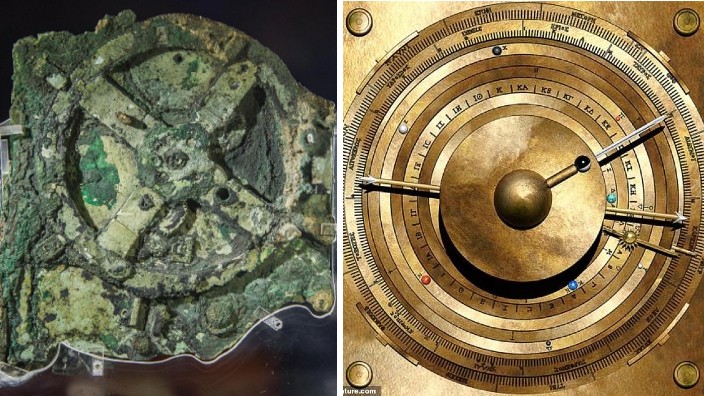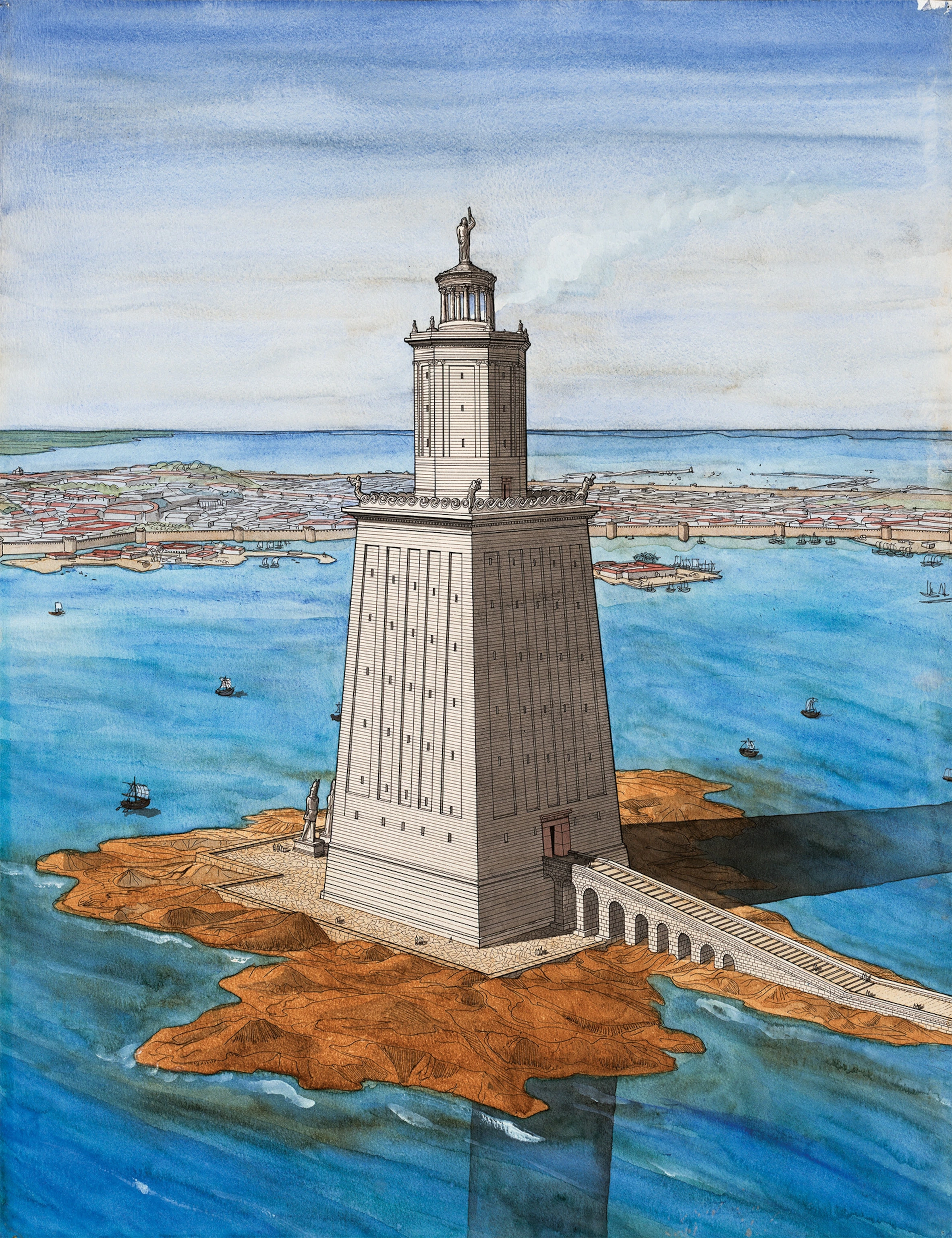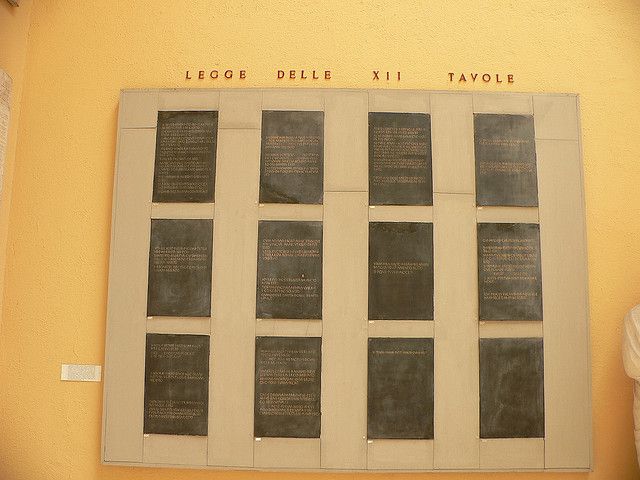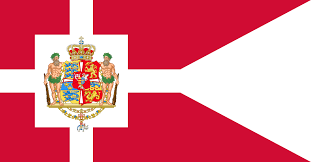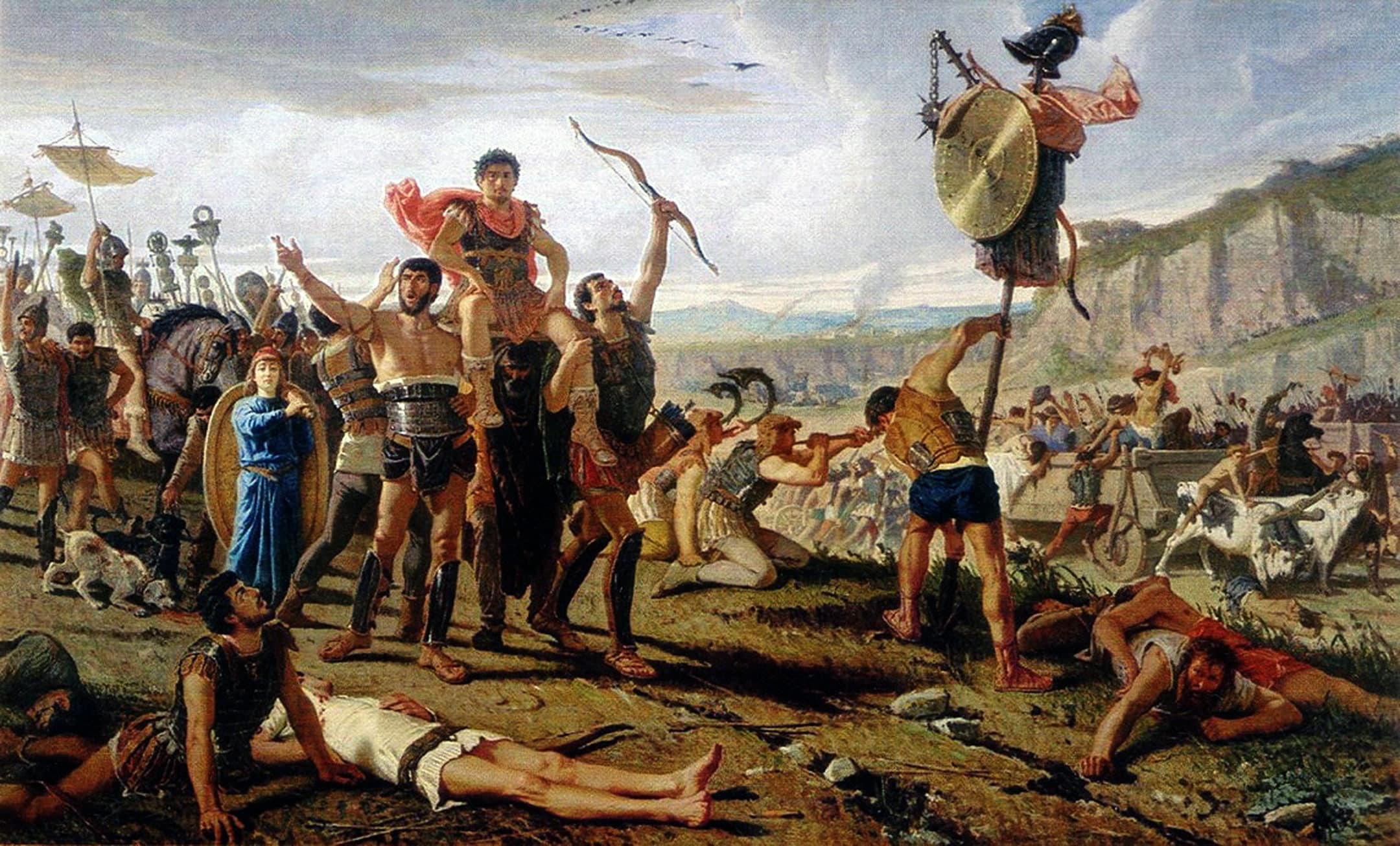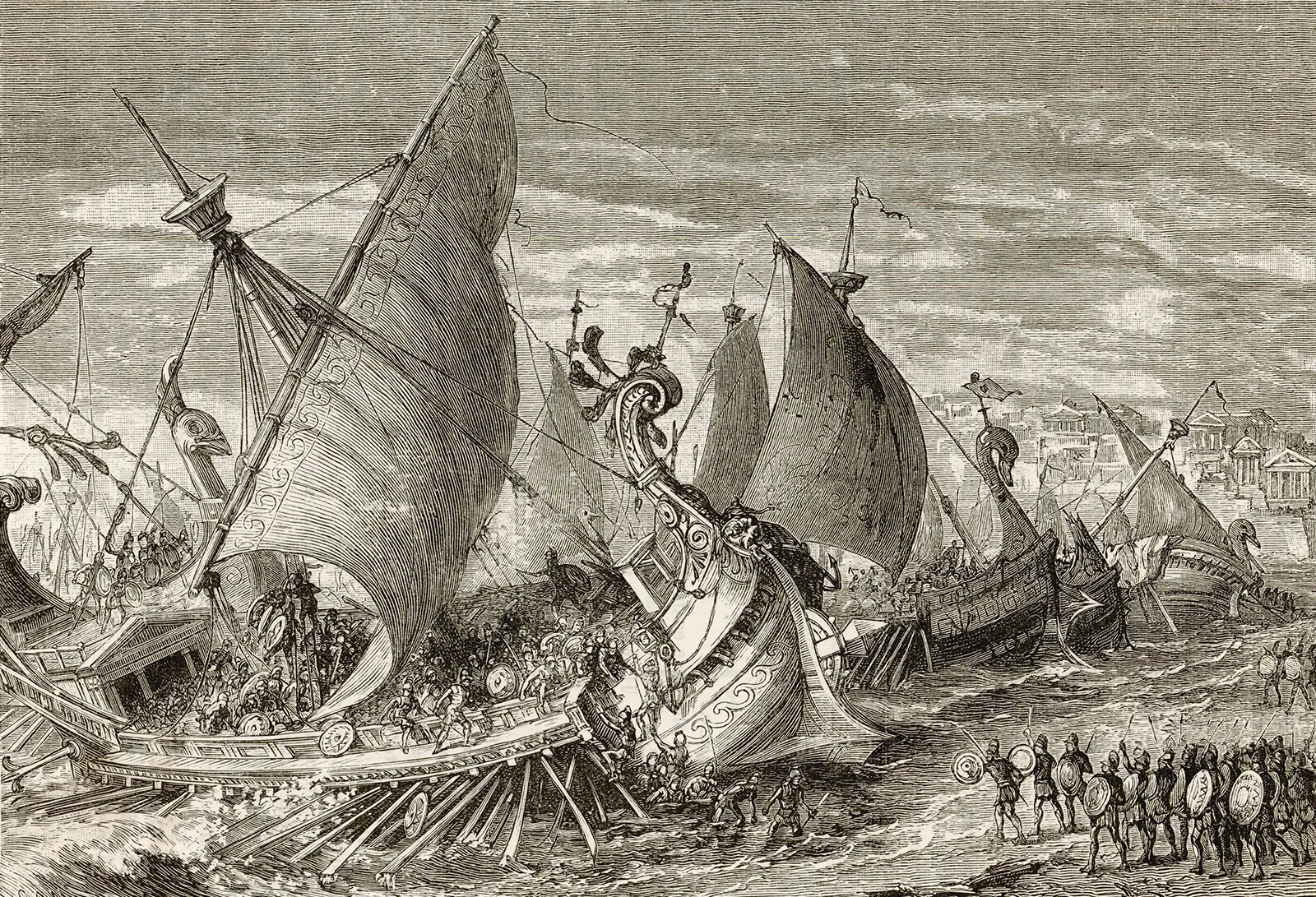The Lord’s Resistance Army (LRA), led by Joseph Kony, has been behind one of the longest and most brutal conflicts in Uganda and its neighboring countries. This conflict has displaced nearly two million people and killed thousands. The LRA started its rebellion
The Battle of Hastings fought on October 14, 1066, was a pivotal event in English history with far-reaching consequences for the country and its people. The victory of the Normans over the Anglo-Saxons had a huge effect on English politics, culture, and
The Battle of Hastings, which took place on October 14, 1066, CE, was a pivotal event in the history of England. It marked the beginning of Norman rule in England and had far-reaching consequences for English society and culture. In this article,
The assassins, also known as Hashshashin, were a secretive group of warriors who operated during the mediaeval period. Their origins can be traced back to the 11th century, in the region of Persia, which is now modern-day Iran. The founder of the
History Of The Months And The Meanings Of Their Names– The names of the months are a combination of gods and goddesses, kings, and numerals. Find out how our calendar came to be as it is now. We use the Gregorian calendar
In Wiltshire, England, there lies a prehistoric structure called Stonehenge. The Standing stones are arranged in a circle and weigh about 25 tons each. The site is more than 4,500 years old and dates to about 2500 BC. The meaning and function
The Cuban War Of Independence was a battle that lasted from 1895 to 1898 and was fought between the Spanish colonial government and Cuban rebels seeking independence. The war was significant in Cuban history as it ultimately led to the end of
Of course, there wasn’t a single medieval curriculum In The 12th Century. However, there was unquestionably a unified educational approach. We’ll be analyzing that here. Keep in mind that students in the medieval era frequently enrolled in university at the age of
These days we have numerous job opportunities that can cater to almost everyone. However, this wasn’t always so. While Ancient Rome had an impressive amount of job opportunities ranging from farmers and merchants to gladiators and senators. Here are some of the
While we’ve seen technological and scientific growth, there are so many more things we don’t know about those who came before us and their inventions. Here are a couple of ancient inventions that we still don’t understand. 1. Greek Fire The Greek
“It took 20 years to build the lighthouse of Alexandria at the Eastern Point of Pharos Island!” The Lighthouse of Alexandria was built on the island of Pharos outside the harbor of Alexandria, Egypt c. 300 – 280 BCE, during the reigns
Almost every day, discoveries are made, yet many more mysteries abound and many more things to be discovered remain. Most of these discoveries remain mysteries to us and the best we have are guesses. In this article, we explore some mysterious and
The lawmakers who made up the Second Continental Congress and published the Declaration of Independence in 1776 came across more problems in the late 1780s after the United States had concluded peace with Britain and secured its independence. The United States drafted
Today’s world is largely governed by democracy and ensures constitutional rights to its citizens. The kings and queens we hear of hold little more than symbolic power. But, that wasn’t always the case. The European world, often applauded as a bastion of
A battle took place on 1st November, 82 BC in Rome. This marked the end of the civil war that had been raging for a while between the supporters of the Roman general, Lucius Cornelius Sulla, and a union of Marians. The
One of the most significant events in ancient Greek history, which enveloped the cities of the ancient Greek world and forever changed the Ancient Greek region was The Peloponnesian War. The Peloponnesian War was one war fought in ancient Greece between Athens
During the reign of Emperor Vespasian, around 70 AD, the Flavian Amphitheater in Pozzuoli, Naples, was constructed. Vespasian, the first Flavian Emperor, built the third-largest amphitheater that could contain an audience of 50,000. There is so much of the amphitheater known from





